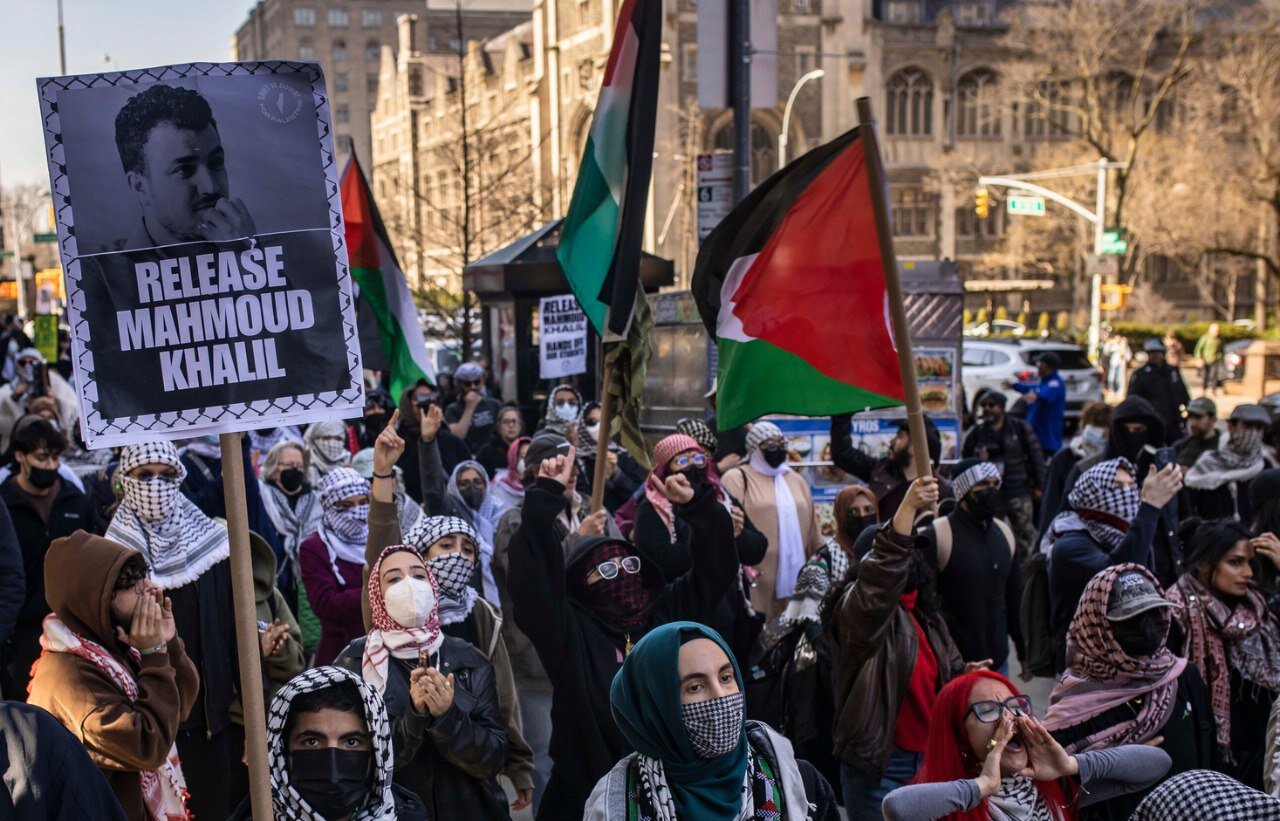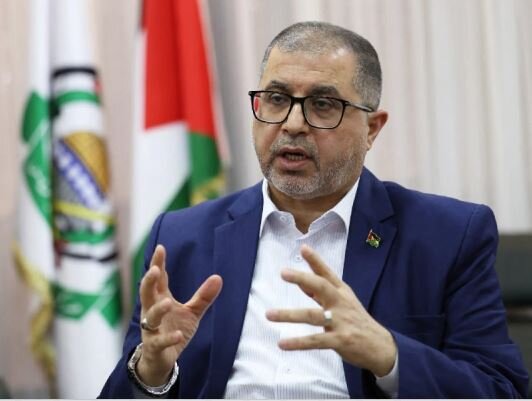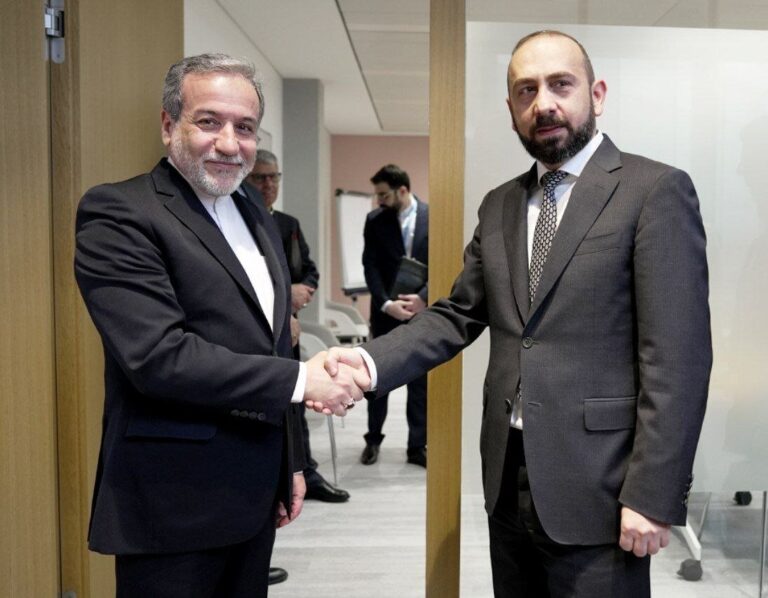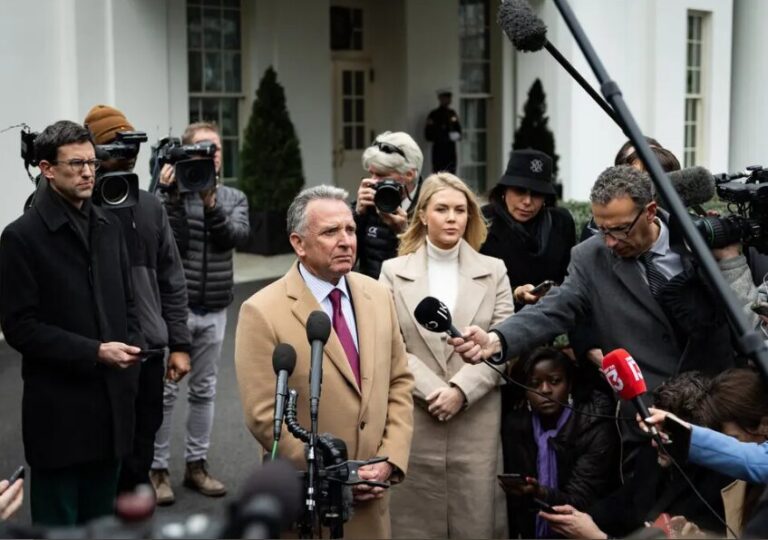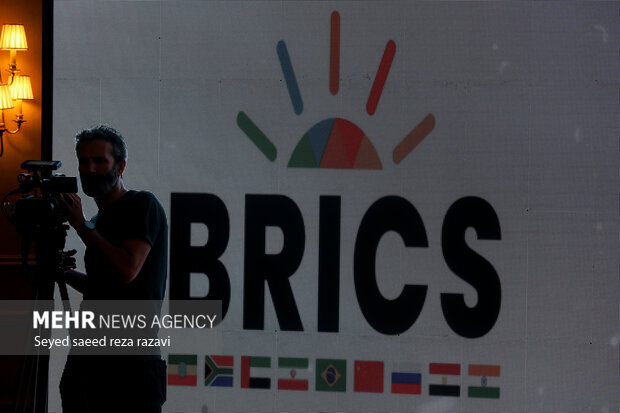Trump’s Crackdown: Targeting Pro-Palestine Voices on College Campuses
In recent developments surrounding the policies of Donald Trump during his second presidential term, significant implications for students advocating for Palestine and Gaza have emerged. These actions, framed as efforts to combat anti-Semitism, have raised serious concerns about the crucial issues of freedom of speech, academic freedom, and the targeting of pro-Palestinian activists.
In January 2025, President Trump signed an executive order addressing what his administration described as a rise in anti-Semitic activities on college campuses. This order mandated federal agencies to investigate civil and criminal actions against students and university personnel who advocate for Palestinian liberation or criticize Israel’s operations in Gaza. Notably, the order included directives to examine legal options for deporting non-citizen students involved in pro-Palestinian protests, effectively merging criticism of Israel with anti-Semitism.
The administration’s policies have resulted in concrete actions against student activists. Examples of this include:
- Rumeysa Ozturk: A Turkish student at Tufts University was arrested by ICE (U.S. Immigration and Customs Enforcement) and had her student visa revoked after publishing a pro-Palestinian op-ed. This action followed an online smear campaign initiated by a pro-Israel lobbying group.
- Mahmoud Khalil: A student at Columbia University reportedly had both his visa and green card revoked after participating in peaceful campus protests against the war in Gaza. These instances illustrate how immigration enforcement is being utilized to punish dissenting voices.
Beyond targeting individuals, the Trump administration has imposed financial pressures on academic institutions perceived as not adequately supporting its policies. Some notable examples include:
- Columbia University faced the potential loss of $400 million in federal funding.
- Brown University had a $510 million NIH grant frozen.
- Harvard University received an ultimatum containing nine demands, including the dismantling of diversity, equity, and inclusion (DEI) programs and banning masks at protests, all under the threat of losing nearly $9 billion in funding.
- Princeton University and the University of Pennsylvania have also faced similar investigations and threats regarding funding.
These financial pressures are compelling universities to modify their internal policies, speech codes, and student regulations. Critics argue that these changes are designed to appease federal authorities rather than uphold academic integrity.
These controversial policies have sparked vigorous criticism from civil rights organizations and legal experts. The American-Arab Anti-Discrimination Committee (ADC) has asserted that the executive order infringes upon First Amendment rights by targeting pro-Palestinian activists, undermining essential freedoms of speech and association. Legal scholars have pointed out potential constitutional violations, emphasizing that using immigration enforcement based on protected speech is unconstitutional.
The impact of the administration’s actions extends to academic freedom and has created an atmosphere of anxiety among faculty and students, especially at prestigious institutions like Harvard University. Faculty members have voiced concerns about the possibility of yielding to political pressures, fearing that compliance with federal demands could jeopardize academic independence and freedom of expression.
The policies enacted by the Trump administration concerning student activism are not isolated incidents; rather, they illustrate a broader trend of authoritarian governance disguised as initiatives for national security and anti-hate legislation. By silencing dissenting voices, weaponizing federal power against academic institutions, and conflating political criticism with hate speech, the administration is eroding the very freedoms it purports to champion.
If universities—historically regarded as bastions of free thought—succumb to this pressure without resistance, the ramifications will extend far beyond the Palestinian cause. Today, the focus is on Gaza; tomorrow, the spotlight could shift to climate activism, anti-war protests, labor organizing, or any movement that challenges the status quo.
This situation raises critical questions about the United States’ commitment to advocating for freedom of expression in countries like Iran, China, or Russia while simultaneously imprisoning its own students for peacefully protesting the deaths of civilians in Gaza. How can Washington accuse other nations of repressing dissent while using ICE to detain foreign students whose only “crime” was supporting Palestinian rights?
This inconsistency not only weakens America’s moral authority on the global stage but also undermines the very democratic ideals it seeks to uphold. As the administration endeavors to win hearts and minds worldwide, these domestic actions reveal a troubling double standard that could have long-lasting implications for freedom of speech and academic independence across the nation.
